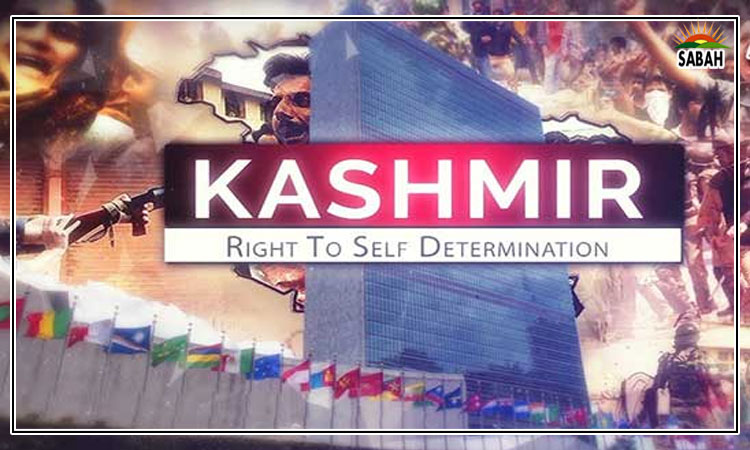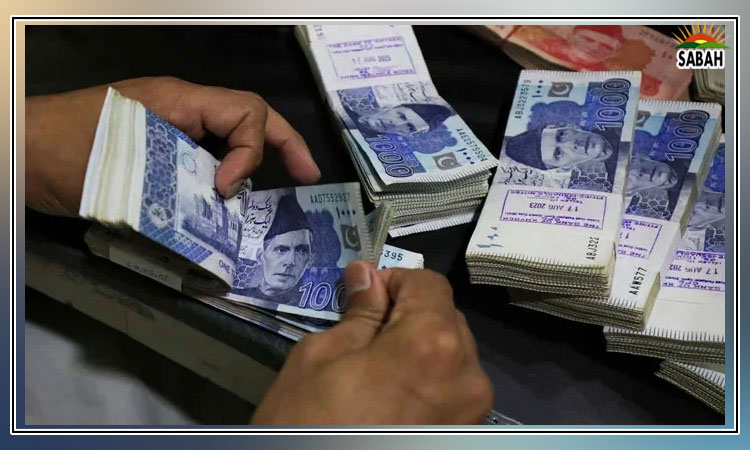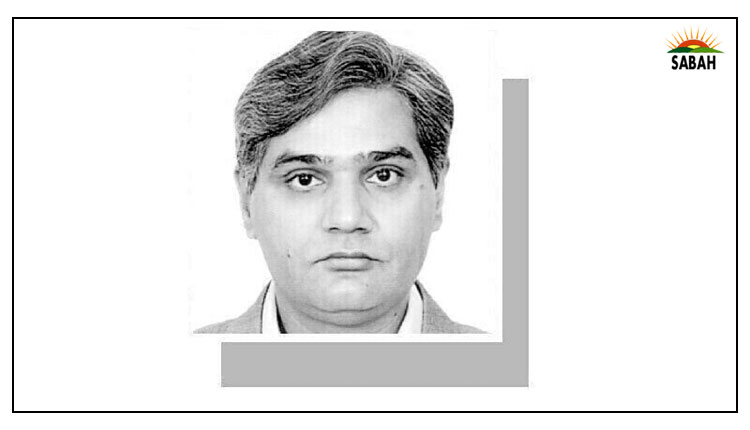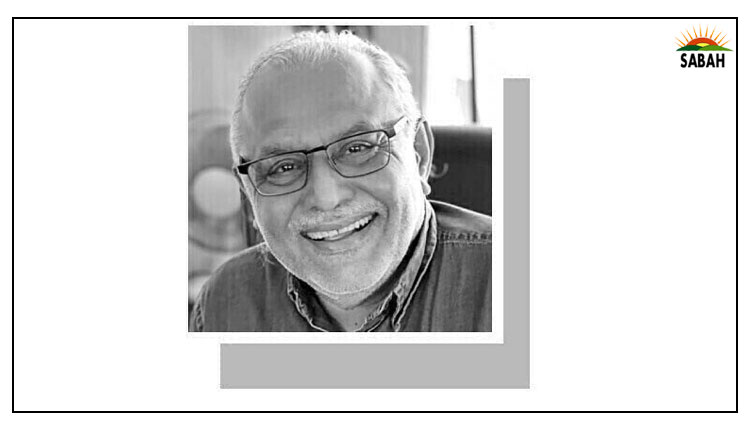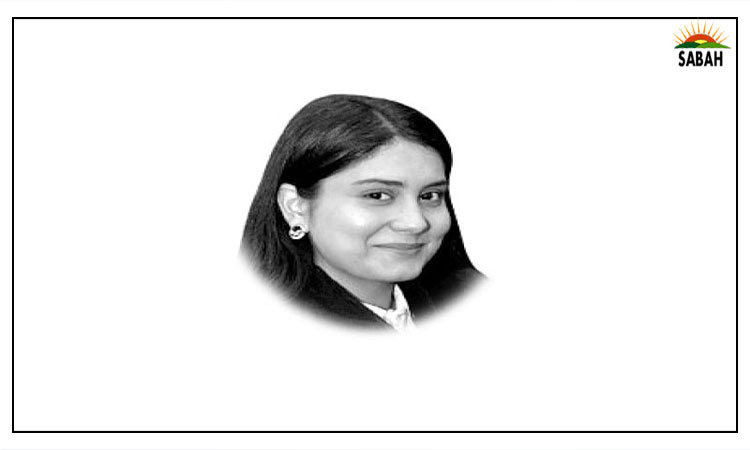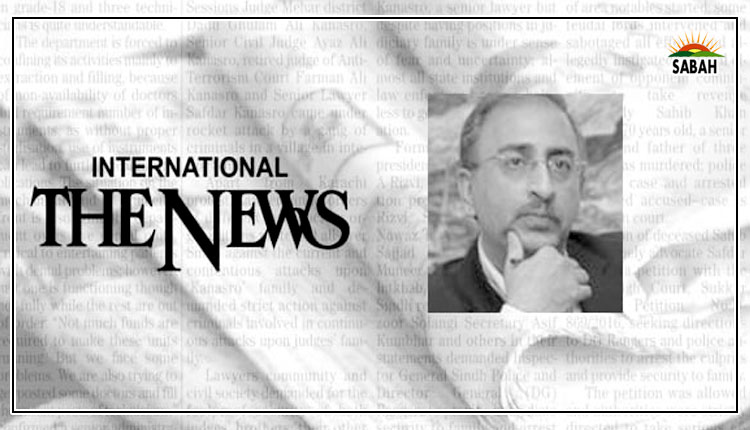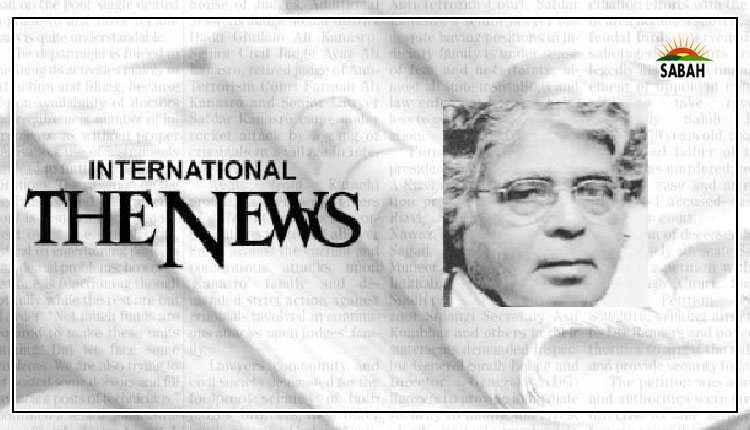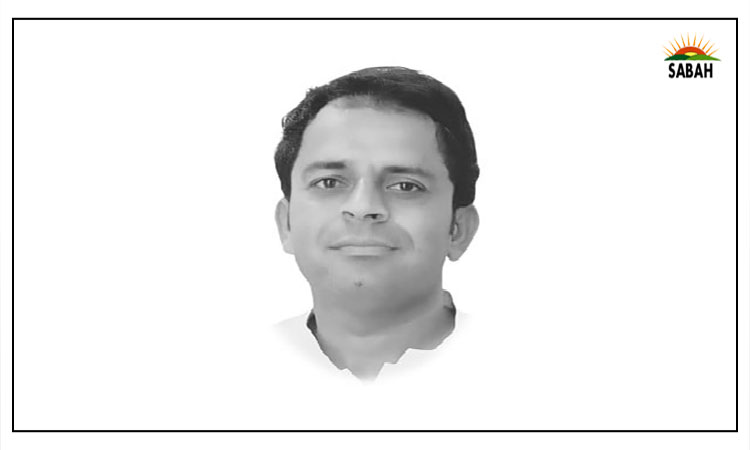CSS result and bureaucratic complex… Ali Hassan Bangwar
The recent announcement of CSS written results, like earlier ones, flooded social media, with congratulations to successful aspirants. While their efforts undoubtedly deserve praise, the relentless outpouring of accolades often obscures a more sobering question: do public servants truly serve their masters – the public? As people connect with their public servants in goodwill, or out of vested interest, the latter cultivate hubris and ultimately distance themselves from the people. However, it is only after the dust of public excitement settles that they find their “servants” leading their persecution. From manipulating electoral outcomes to guarding the might of their powerful patrons, most of the country’s bureaucrats lead the direct and systematic oppression of the people.
In a country where lawlessness reigns supreme, the bureaucracy capitulates to a hierarchical power structure. This power emanates from the country’s deep state and flows through entrenched political dynasties, provincial authorities and local electables and leads to bureaucratic-public disconnect. However, the process of bureaucracy’s distaste against the public is well-designed and arduous. First, the public’s ill-informed praise and expectations instil in them a superiority complex. Second, the Civil Service Academy’s six-month training almost desensitises, dehumanises and imbues them against the public. By prioritising “dining etiquette” over public empathy and responsibility, the academy strips most of them of their conscience and integrity.
Further refinement occurs during specialised training, military attachments, and on-the-job assignments that effectively reprogram their minds to primarily two command lines: power and wealth. All this results in bureaucratic complex – a blend of an elated sense of elitism, feudalism, xenophobia, megalomania, materialism, superiority and a god complex. Often, the complex is inversely proportional to one’s pre-service socioeconomic background: the lower the background, the more complex one tends to accumulate over time. This complex fosters a paradoxical tendency of fawning over powerful patrons while persecuting the powerless public.
Instead of executing laws and the Constitution, they enforce the whims and interests of the country’s deep state and their own, almost always to the detriment of the people. Additionally, political dynasties use them to extract ill-gotten gains and settle scores with the public. In this nexus, bureaucrats engage in loot, plunder and kleptocracy. The few who survive the system often find themselves trapped or sidelined.
All this makes Pakistan’s bureaucracy an institution where public servants drain the lifeblood of their true masters – the public. Though this might sound judgmental and arrogant, the unpleasant truth in times of pleasant and powerful lies (read Pakistan Studies) sounds bitter.
If bureaucrats were truly the “cream”, the country would not have been plagued by a multitude of issues, including a fractured and enslaved foreign policy, failed socio-economic plans, a debt-ridden economy, rampant maladministration, a breakdown of law and order, loss-making public sector enterprises, abysmal tax collection and export figures, staggering levels of smuggling and corruption, abject poverty, accelerating brain drain, and fallacious narratives. Therefore, if CSS and bureaucracy, as some would suggest, are the ultimate benchmark of intellect and ability, one might feel sorry for those who are part of it.
Furthermore, an informal business of coaching academies thrives on existing civil service exams. These academies exploit aspirants psychologically and financially by selling false hope and offering little genuine value. To lure more admissions, they pay successful aspirants to promote cooked-up stories of their achievements. However, they seldom acknowledge the efforts of aspirants who couldn’t succeed, despite having paid exorbitant fees and wasted their youth on unfulfilled promises. This writer, therefore, extends congratulations to those who narrowly escaped entanglement in an institution which, under the hospitality of its patrons, relentlessly feasts on the blood and bone of the people of Pakistan.
COURTESY ![]()


